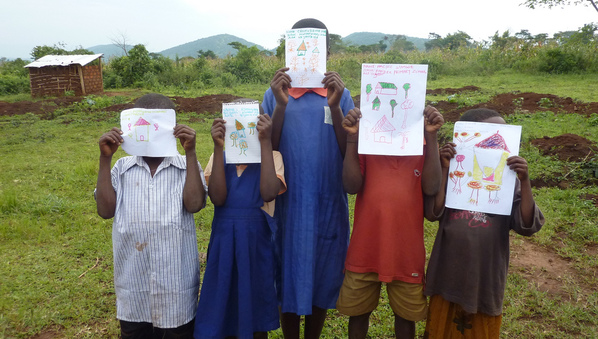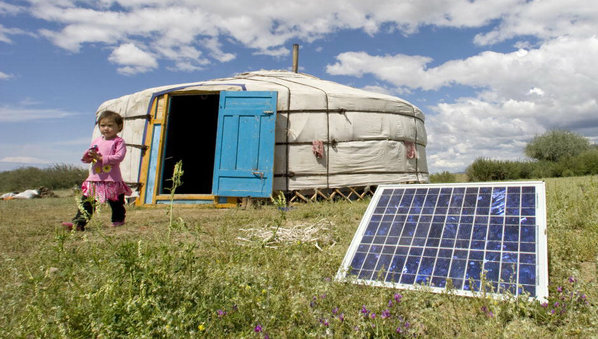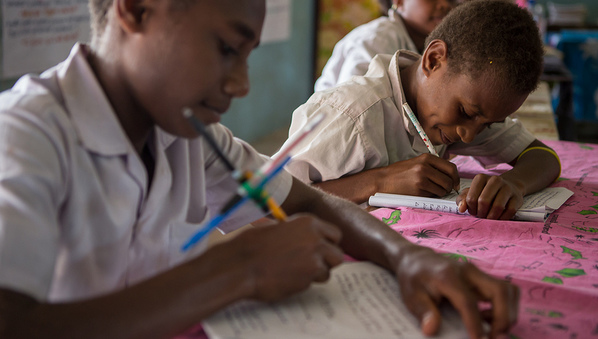Cameroon is seeking ways to mobilise its citizens to support a government-led campaign against soaring malaria deaths, as worsening floods aggravate health risks. Government officials in the central-west African country say regular flooding due to erratic rains is partly responsible for the recent spike in deaths from vector-borne diseases, because standing water encourages malaria-carrying mosquitoes […]
Read More… from Cameroon Steps Up War On Malaria Amid Worsening Floods





